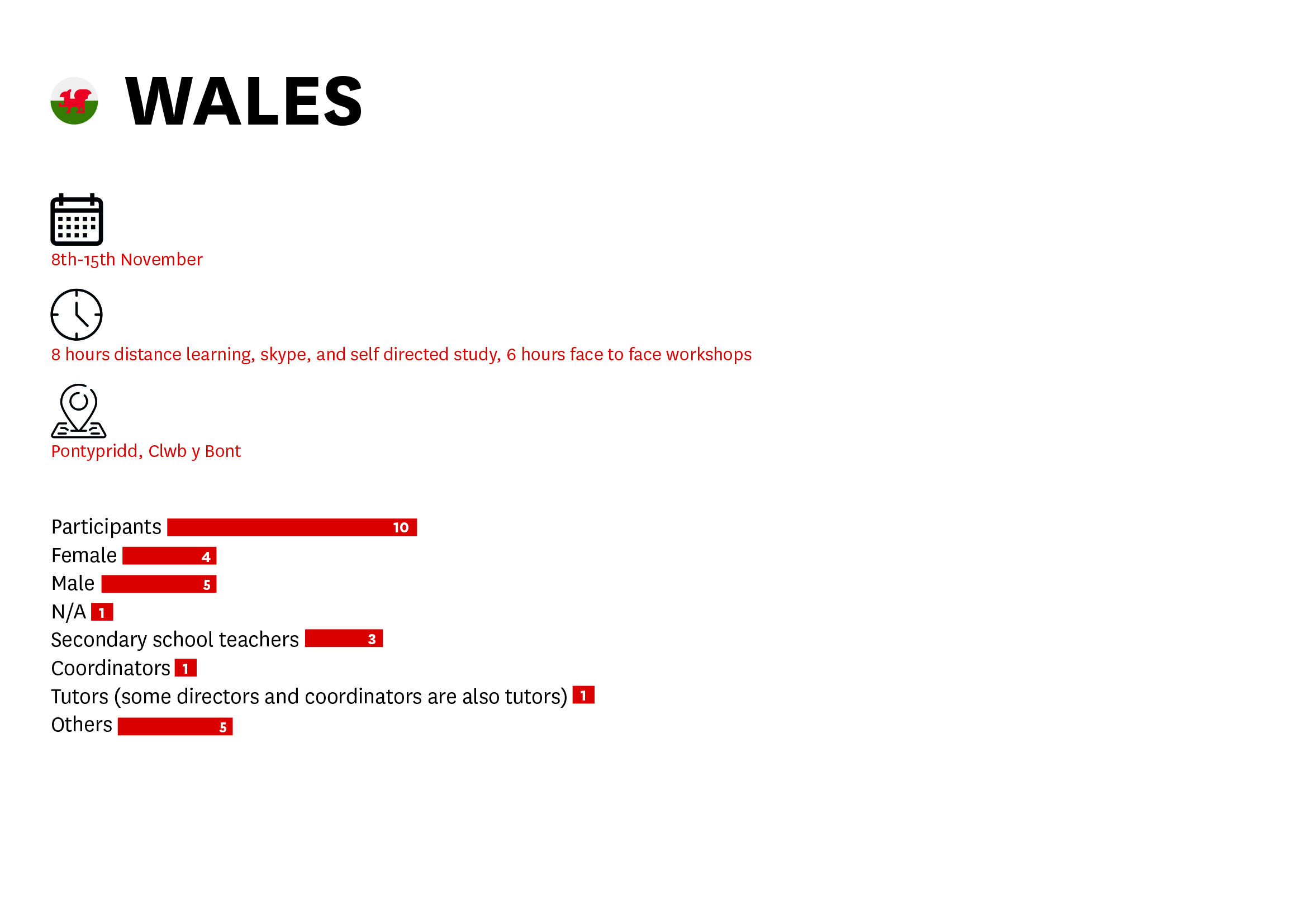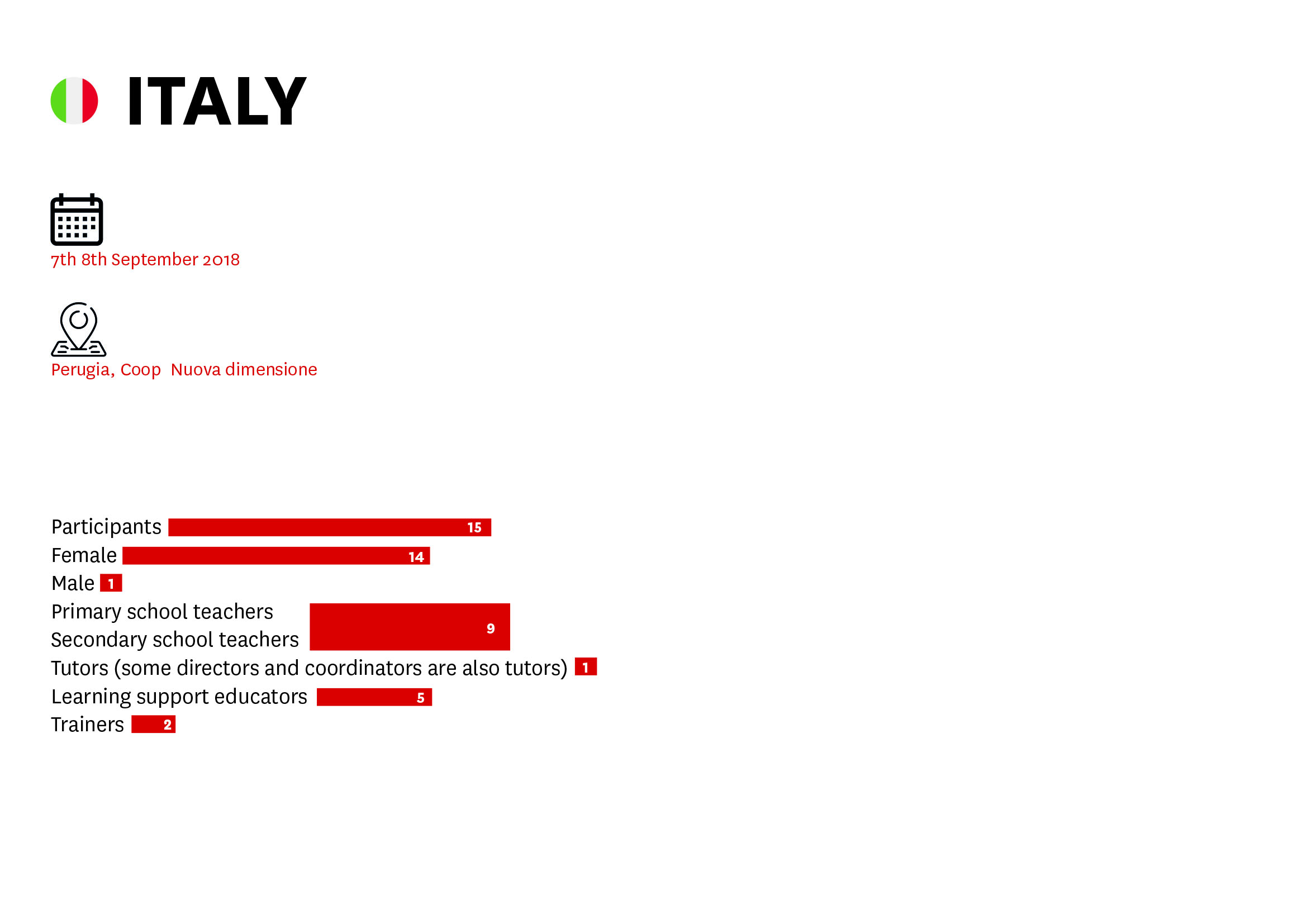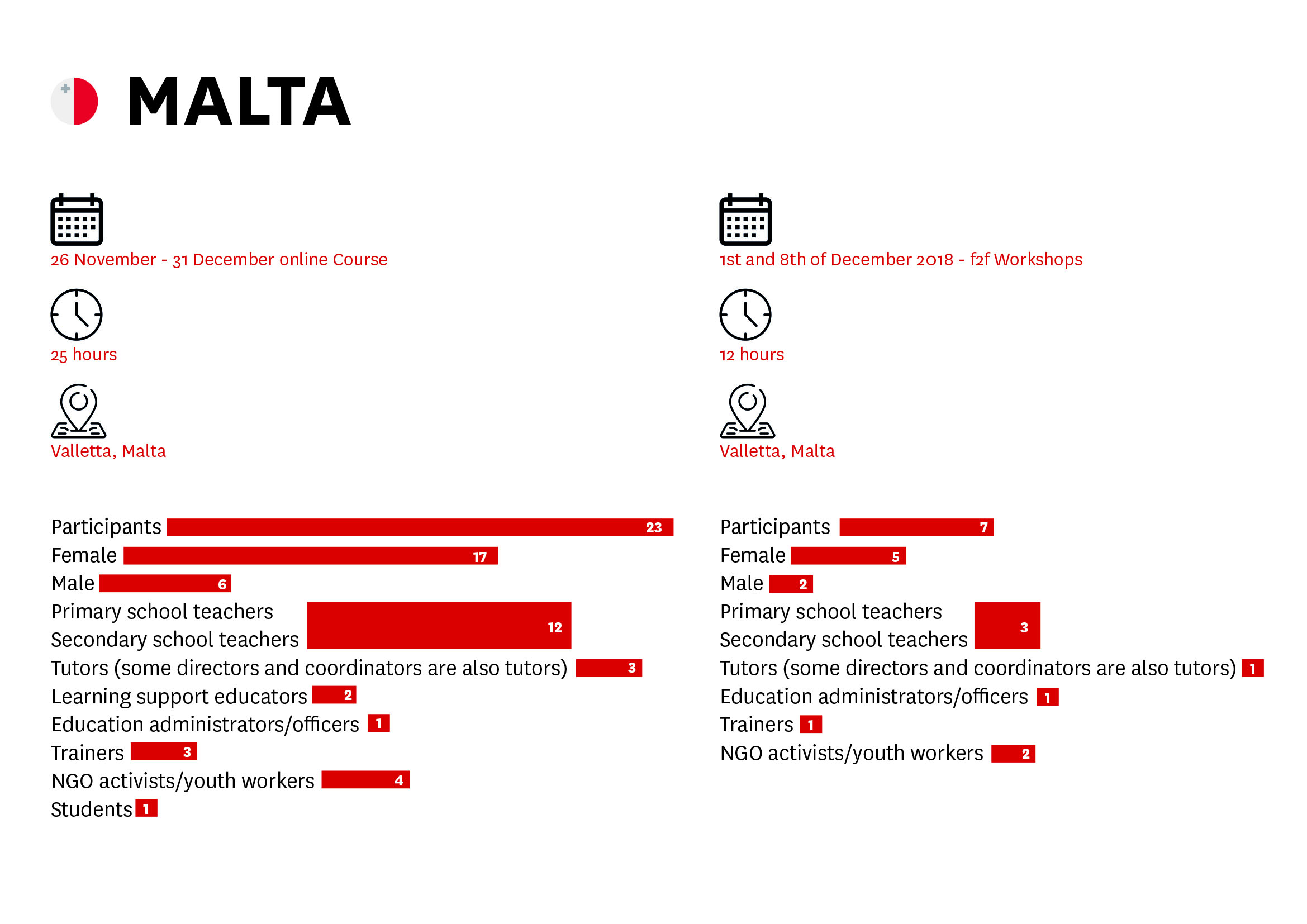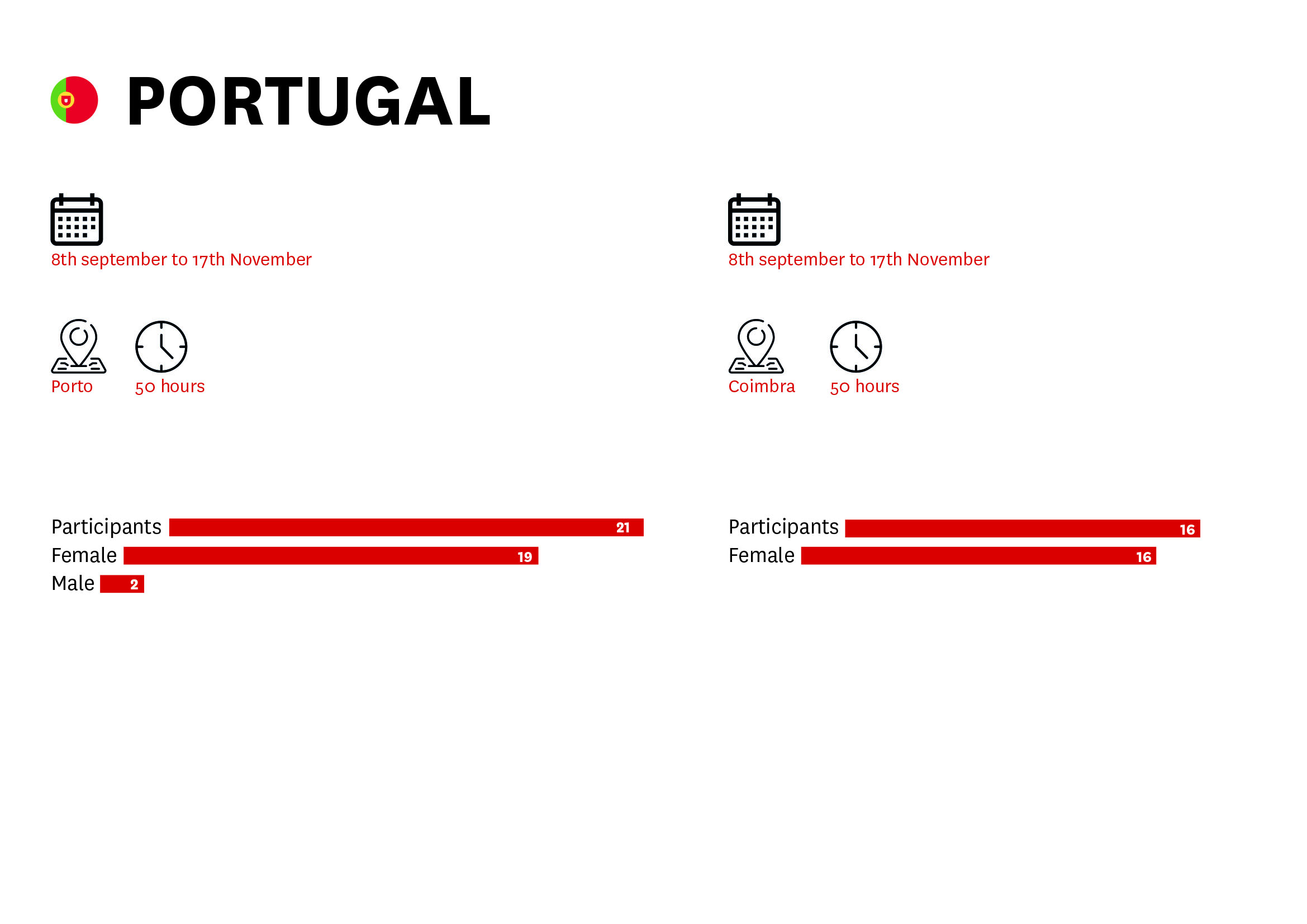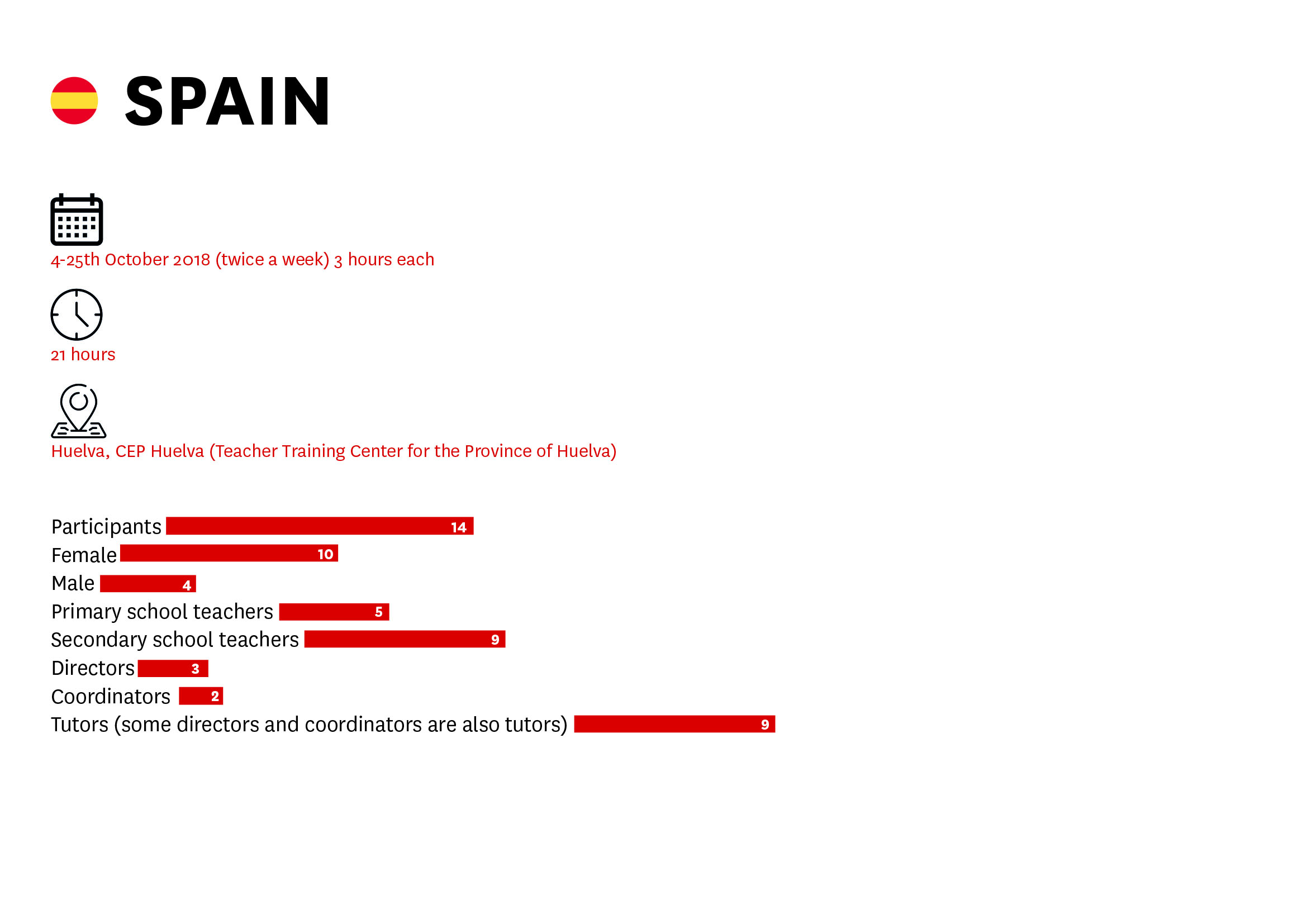Seven Ws of Media and Information Literacy

What ?
Information and Media Literacy has not been a static concept, since its very analysis has varied as much as the communication ecosystem has mutated. With the emergence, rise and popularization of Information and Communication Technologies (ICT), the term has changed from a conventional media perspective to one of media convergence

Why ?
Media Literacy is essential in the curriculum and in teacher training to understand the role and functions of the media today. It also empowers citizens to consume information responsibly and improves the exercise of civil rights.

What for ?
Media literacy plays a decisive role in promoting active and responsible citizenship in democratic societies. Its inclusion in the educational sphere is essential to promote the free expression of citizens, strengthen social communication in multiple contexts and form critical minds capable of analyzing and evaluating different media products.

Now what ?
One of the main challenges media literacy faces is its inclusion in classroom practice. Educational centres must be open to the incorporation of tools that allow for the modernisation of educational processes and the training of young prosumers.

How?
Through good practices for the inclusion of media literacy in schools to guide the development of media literacy skills.

With what?
With the use of different digital tools that allow students to interact and create new knowledge

Who ?
Different socialization agents - such as family, school and government - play an active and fundamental role in teaching media literacy. Their role is directly involved in improving European education.
